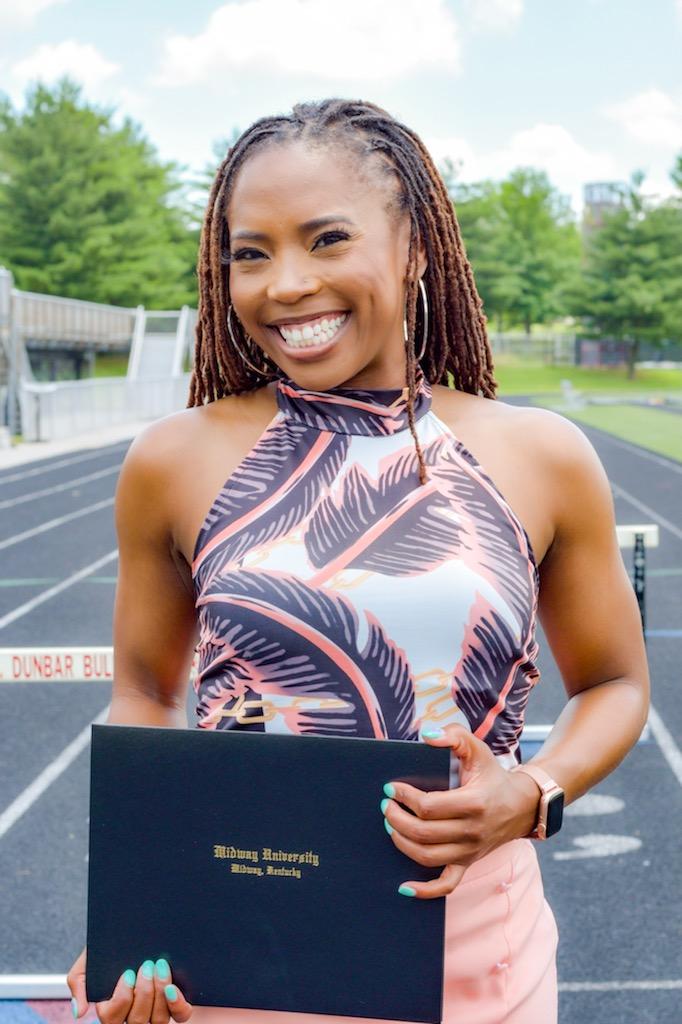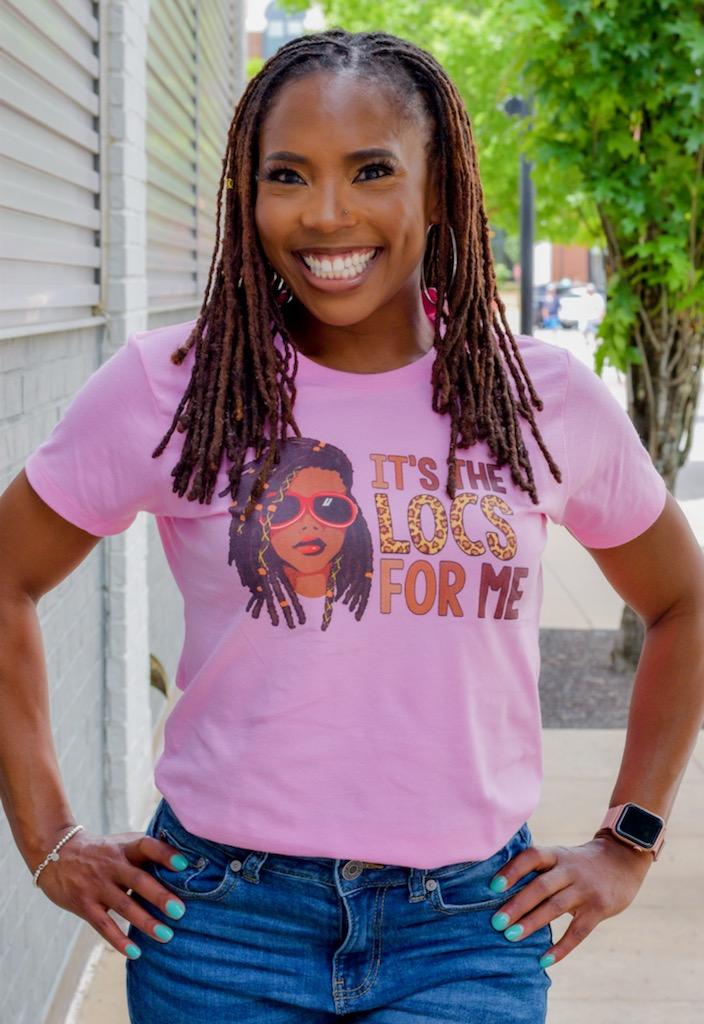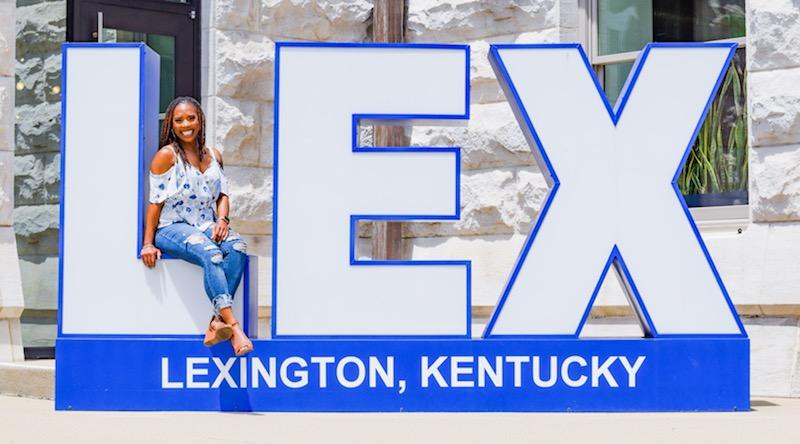PRESENTATION: The Hurdle is Never Bigger Than the Finish Line: Leading Through Barriers, Challenges, and Change
Erica’s educational and professional leadership journey has led her to develop a series of strategies for student leaders by using her story to encourage, motivate, and rejuvenate student leaders who carry the many complex burdens and responsibilities of leading on campus while pursuing a degree. Erica offers a fun, realistic, and interactive presentation that helps each student leader prepare to “BUILD YOUR OWN ARMY!”
As a successful track athlete, Erica believes while leading and pursuing a degree, student leaders should always remember, “if life presents a barrier, that hurdle is never bigger than the finish line.”
Learning Objectives
Workshop participants will leave with increased knowledge of the following:
1. Creating a network of support among peer student leaders on and off campus.
2. Strategies to build and sustain relationships with university leaders to create resource networks to support new ideas and initiatives.
3. Processes and strategies to overcome burnout, conflict, and feelings of exhaustion as a student leader.
4. Strategies to balance school life, leadership responsibilities, home life, work life and beyond.
5. Tools to develop a personal philosophy of leadership to withstand the tests of time, pressure, and crisis.
6. Strategies to learn from every victory and failure on the leadership journey.
Ideal Audience: Student Organization Leaders, Fraternity & Sorority Leaders, Full & Part-Time students, First Year students considering becoming a campus leader, New Student & Transfer Orientation, End of Year Leadership Celebrations, and TRIO





